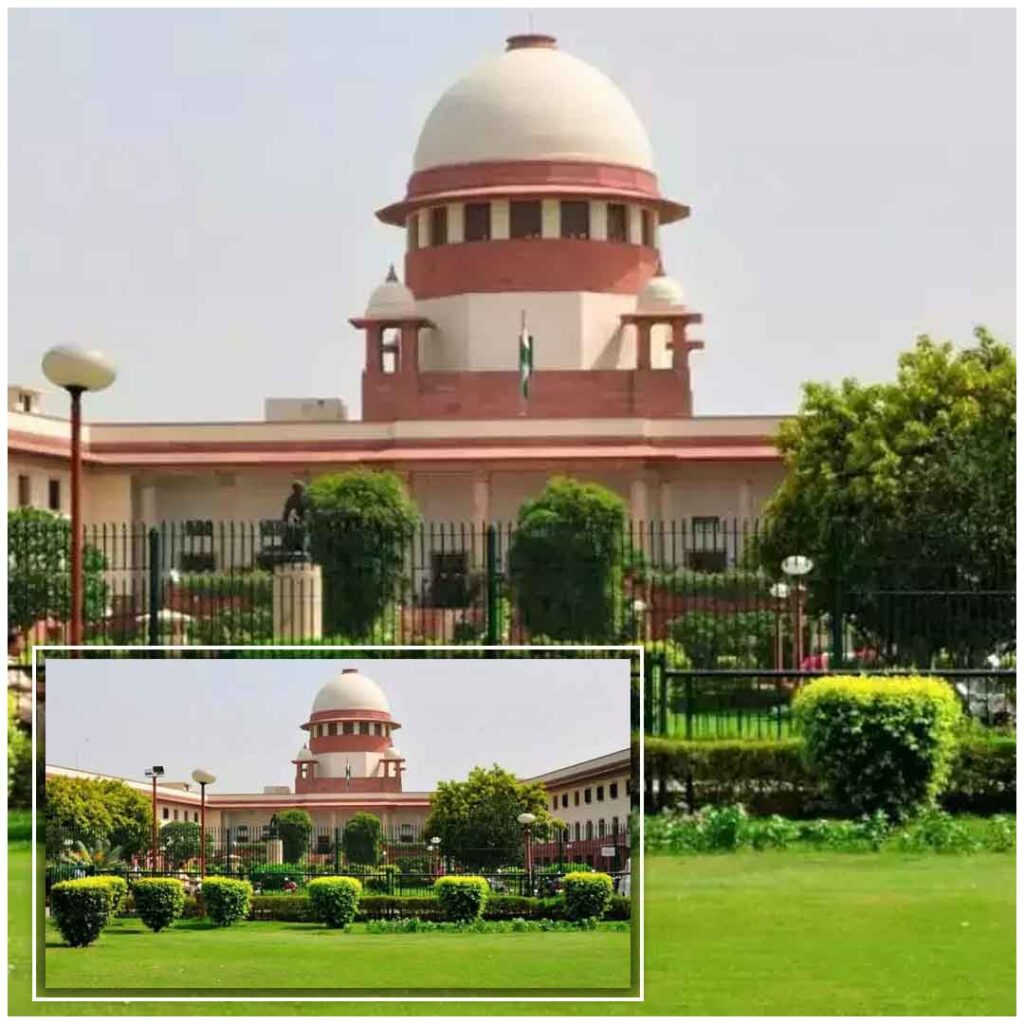In a significant and highly anticipated decision, the Supreme Court of India recently ruled on a contentious issue – the legalization of marriage equality for queer couples. The verdict, which has sparked both celebration and disappointment, underscores the complexities and ongoing debates surrounding LGBTQ+ rights and marriage equality.

Here are the key facts and details surrounding this ruling:
1. The Legal Battle: The case before the Supreme Court centered on the question of whether the country should extend the legal recognition of marriage to same-sex couples. Advocates for marriage equality argued that denying LGBTQ+ individuals the right to marry constituted discrimination and violated their fundamental rights.
2. A Divided Bench: The Supreme Court, comprising five judges, delivered a ruling that highlights a stark division within the judiciary. While three of the judges voted against legalizing marriage equality, two judges took a progressive stance, emphasizing the importance of granting legal rights to queer couples.
3. Denial of Marriage Equality: The majority opinion, held by three judges, upheld the existing legal framework, which restricts marriage rights to heterosexual couples. Their argument centered on the interpretation of existing laws, traditional norms, and societal values. This part of the ruling has been met with disappointment and frustration from LGBTQ+ advocacy groups and supporters.
4. Advocating Legal Rights: Two of the five judges, however, dissented from the majority opinion. They argued that while marriage equality may not have been granted, it was imperative to recognize and uphold the legal rights of queer couples. Their stance is seen as a significant step toward acknowledging the importance of LGBTQ+ rights, even if full marriage equality remains elusive.
5. Global Context: This verdict comes at a time when numerous countries around the world have made strides in recognizing the rights of LGBTQ+ individuals, including the legalization of same-sex marriage. The debate over marriage equality is not unique to [Country] and has been a topic of discussion and legal battles in many nations.
6. Implications: The Supreme Court’s decision carries several implications. It reflects an ongoing societal and legal debate about the rights and recognition of LGBTQ+ individuals, and the role of the judiciary in interpreting and evolving the law in accordance with changing norms.
7. Ongoing Debate: The ruling has rekindled the conversation surrounding LGBTQ+ rights and marriage equality within [Country]. It is expected to energize advocacy efforts by LGBTQ+ organizations and their supporters who continue to push for equal marriage rights.
8. Public Reaction: The public reaction to the Supreme Court’s ruling has been mixed. Supporters of marriage equality have expressed their disappointment and frustration, emphasizing the importance of equal rights for all citizens. Those who opposed the legalization of same-sex marriage have welcomed the decision as a preservation of traditional values.
9. Political and Legislative Considerations: This ruling may also have political and legislative ramifications. It could reignite discussions within [Country]’s legislative bodies, prompting further consideration of LGBTQ+ rights and the legal framework surrounding marriage.
10. The Path Forward: The Supreme Court’s verdict, with its division of opinion, highlights the need for ongoing dialogue and debate regarding LGBTQ+ rights. It remains to be seen how India will navigate the path forward in addressing this complex and emotionally charged issue, and whether changes to the legal framework may be on the horizon.
Conclusion
The Supreme Court’s refusal to legalize marriage equality while recognizing legal rights for queer couples reflects the multifaceted nature of the LGBTQ+ rights movement. It underscores the ongoing legal and societal debate surrounding LGBTQ+ rights and marriage equality in India. This decision is likely to shape future legal, political, and advocacy efforts aimed at advancing the rights and recognition of LGBTQ+ individuals.






















